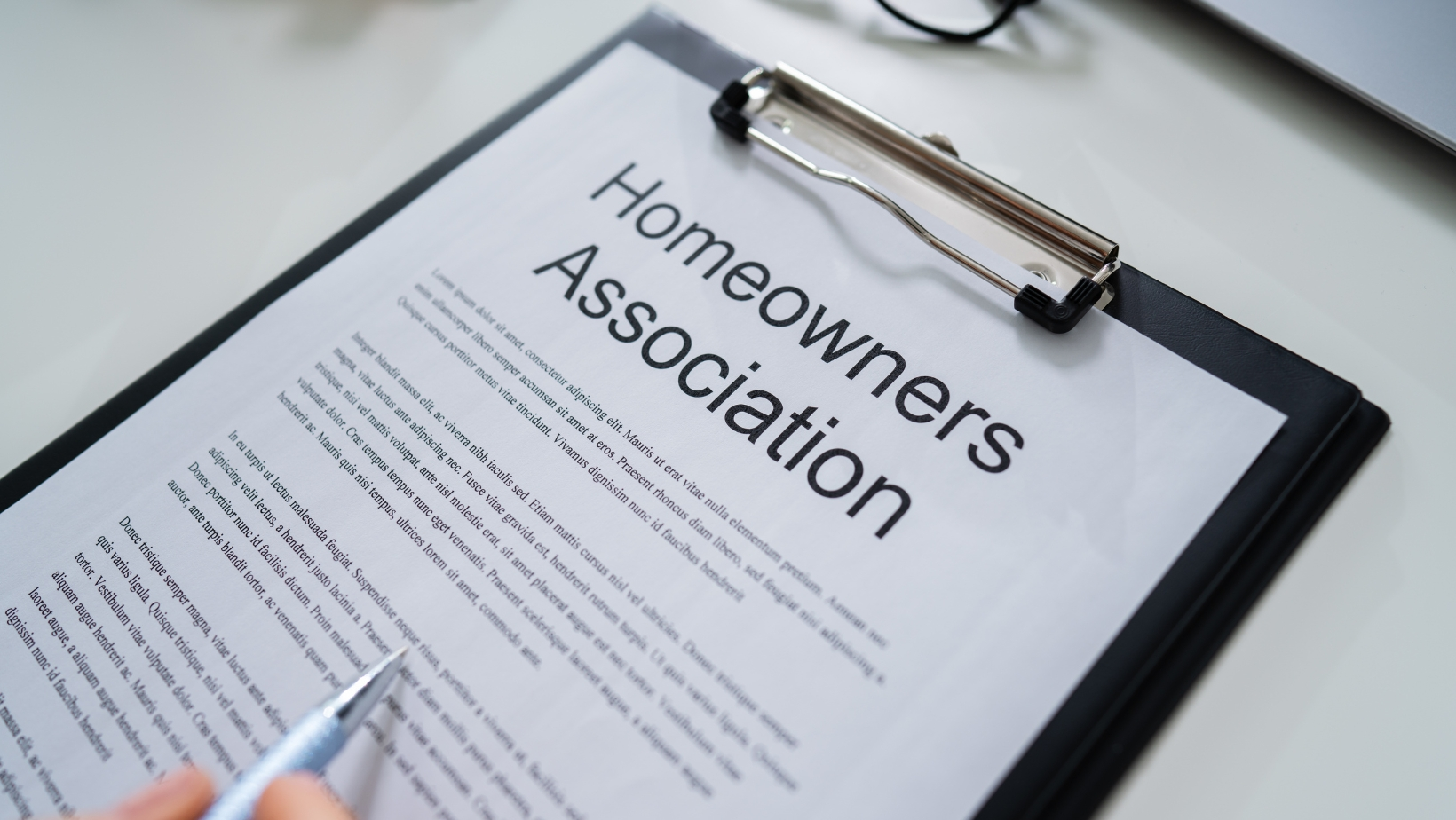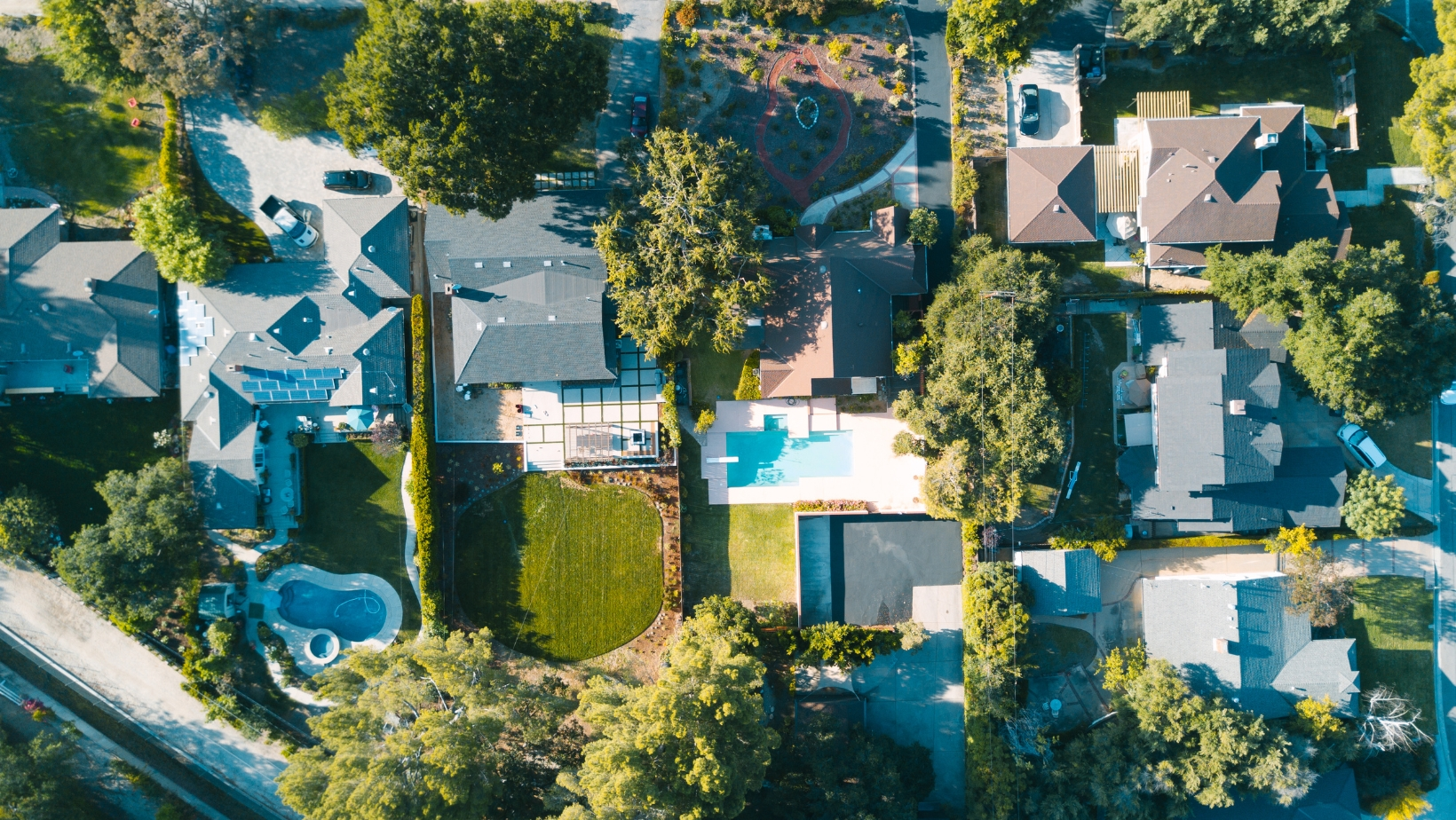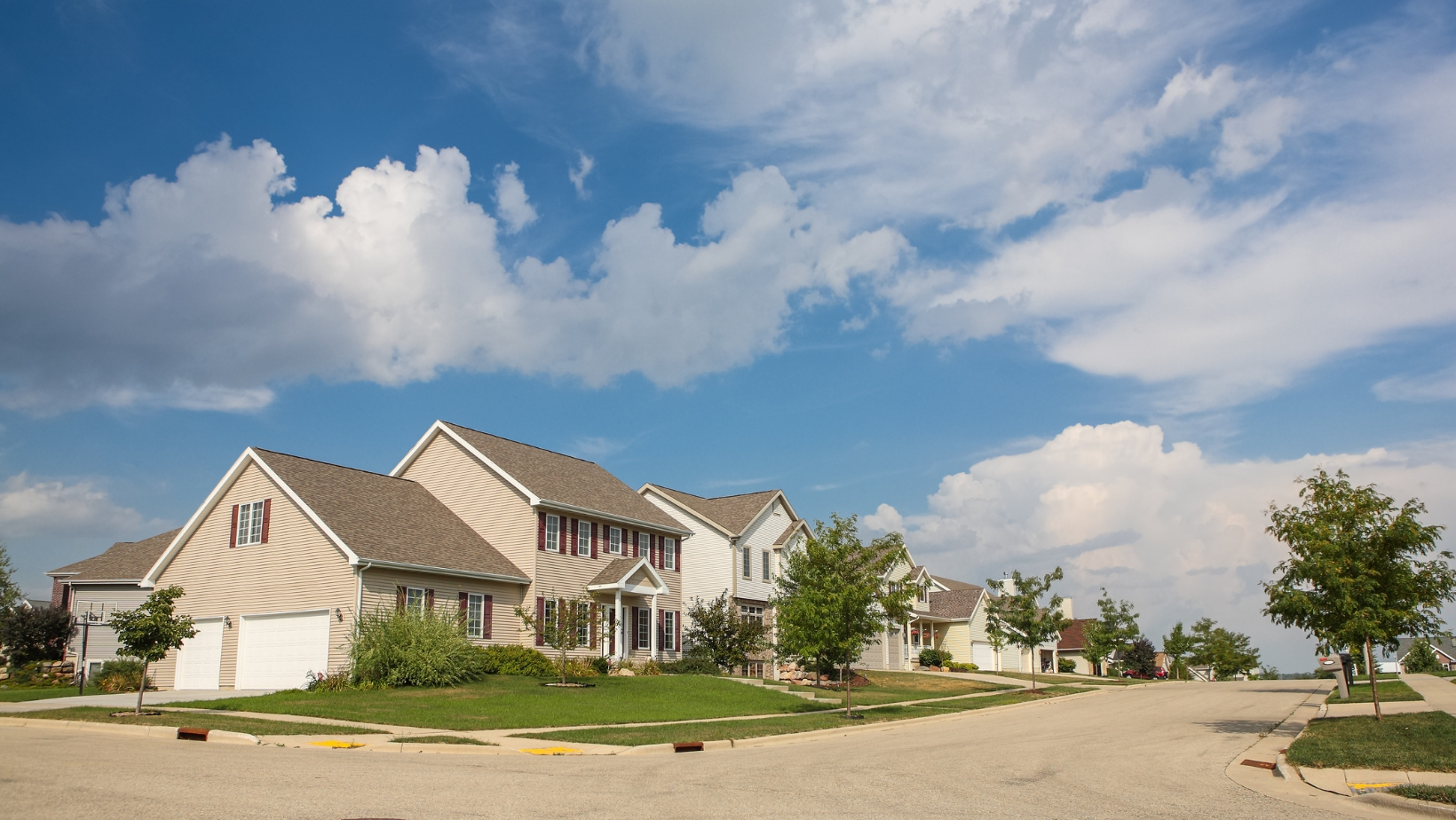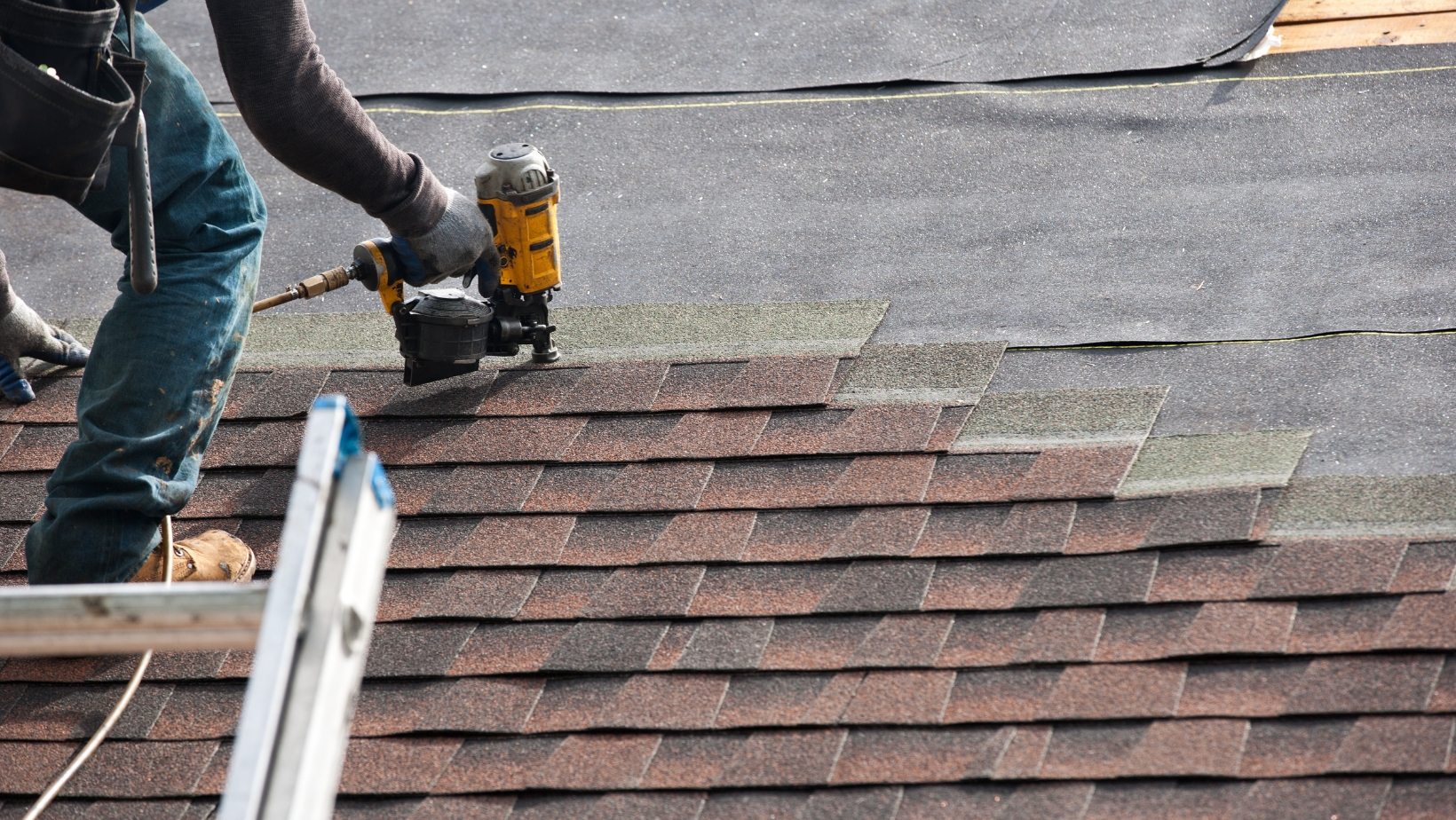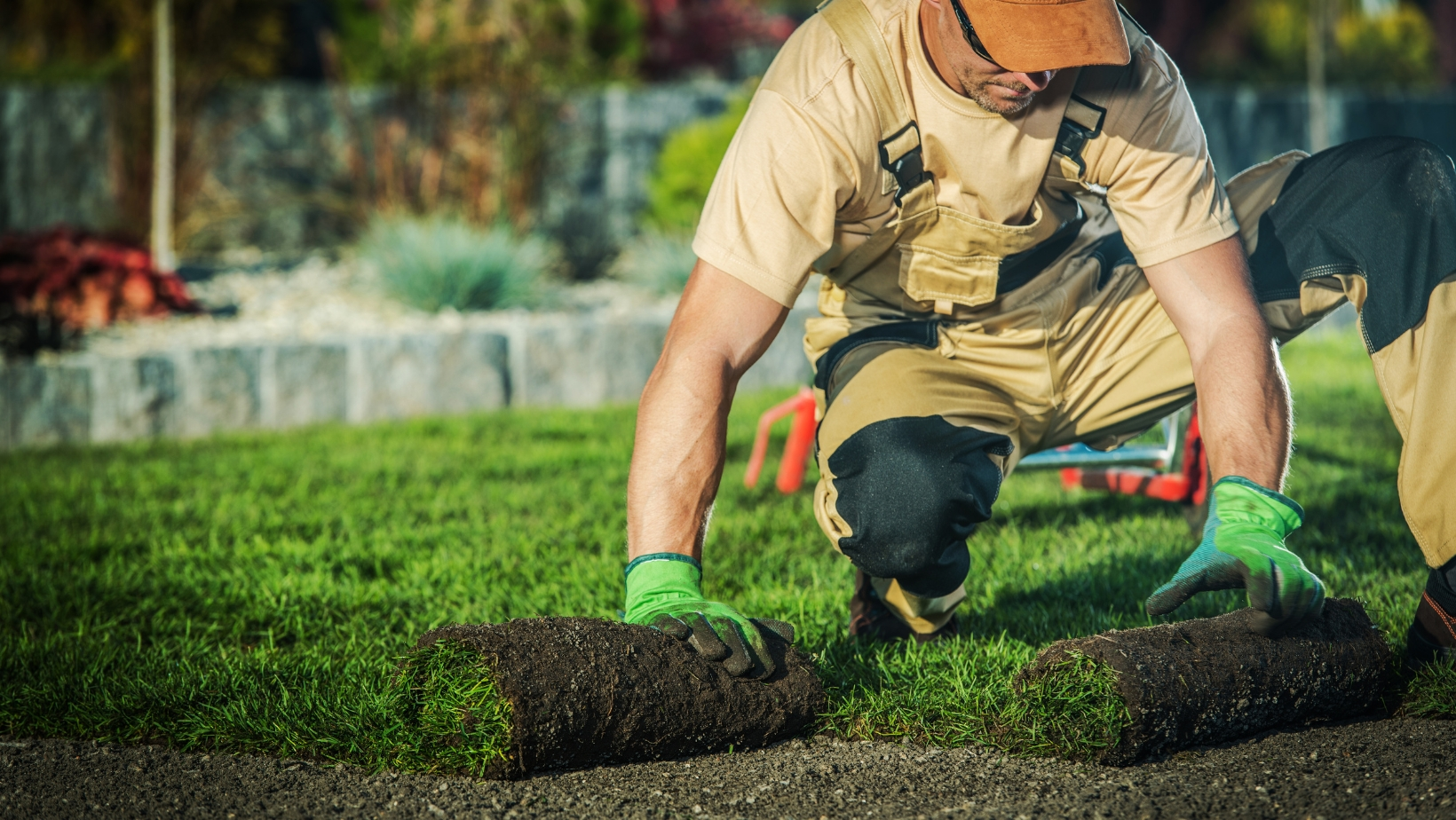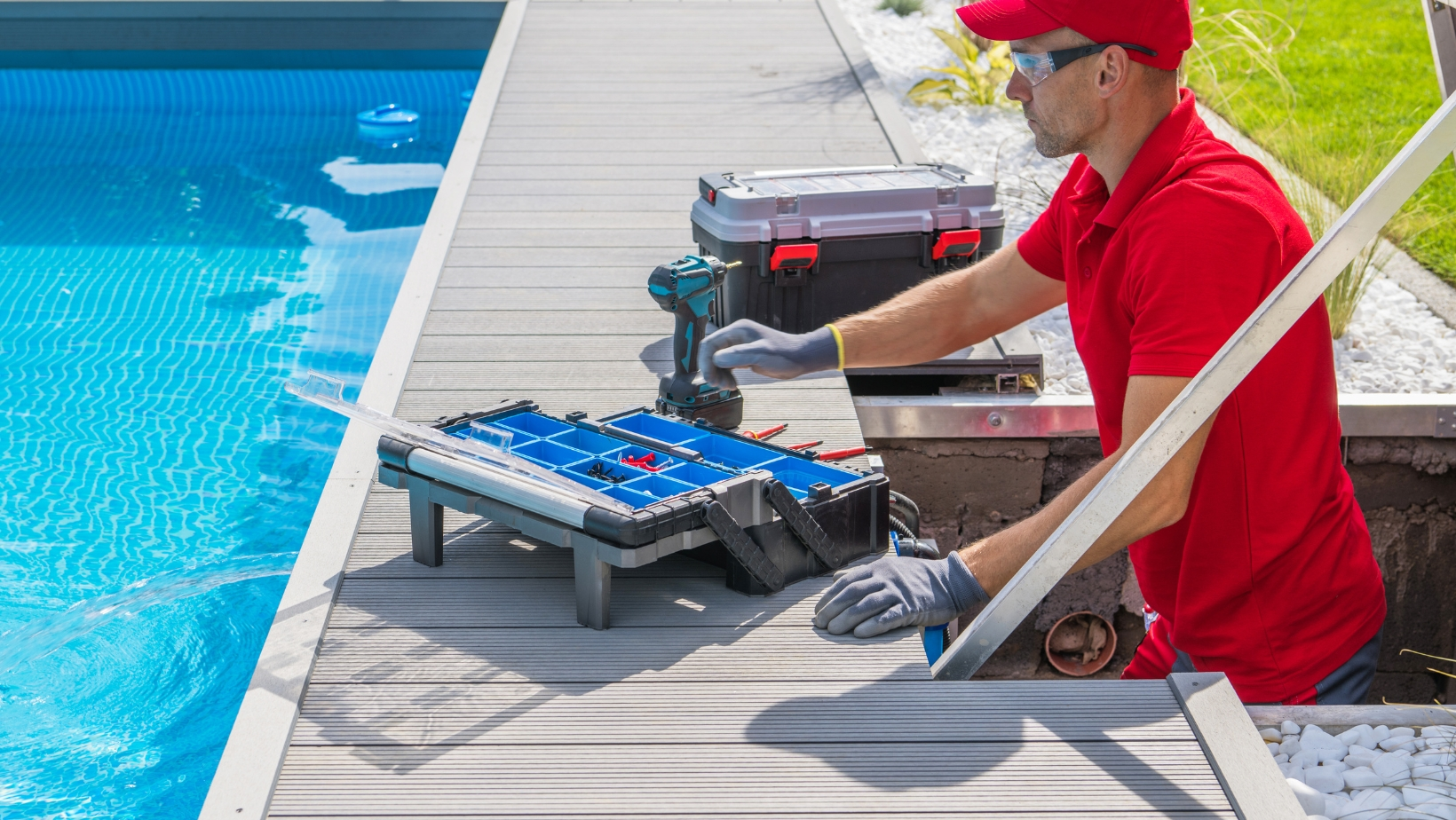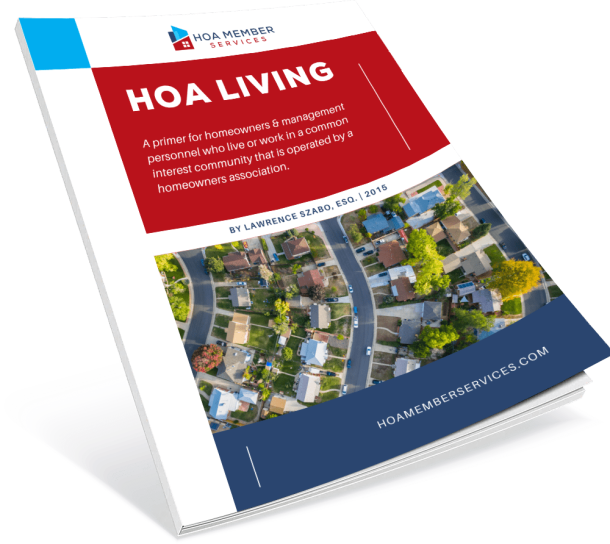Have you ever wondered what repairs HOAs are responsible for in a condo community or neighborhood? As a homeowner, it’s important to understand what the Homeowners Association (HOA) does to manage shared spaces and amenities. This knowledge can help you avoid confusion and frustration when problems come up and ensure that the community stays well-maintained and peaceful.
In this article, we’ll talk about what HOAs are supposed to do, the role of governing documents, and why good communication and mediation are important for solving disputes between homeowners and the HOA.
What Is My HOA Responsible For?
An HOA (Homeowners Association) is a group that manages a planned community, run by a board of elected members. The HOA is important because it takes care of common areas and amenities, helping to keep the community nice for everyone. Knowing what the HOA is responsible for can help you avoid confusion and frustration about maintenance and repairs.
But, what does the HOA actually do? The HOA generally handles the maintenance and repair of common areas in the community. This includes fixing any damage or breakdowns on shared property and covering the costs of these repairs. On the other hand, individual unit owners or homeowners are responsible for taking care of their own individual units or homes.
To understand who handles what, you should look at the governing documents and bylaws of the condo association or neighborhood association. These rules explain the responsibilities of both homeowners and the HOA.
If you’re having problems with your HOA about maintenance duties, it’s a good idea to get legal advice to help solve the issue.
What Are Governing Documents and Bylaws?
The governing documents and bylaws, also known as Covenants, Conditions, and Restrictions (CC&Rs), provide detailed information and rules about what homeowners in the community can and cannot do. These documents clearly outline the responsibilities and maintenance duties of the HOA, making sure everyone knows their role in taking care of the property.
It’s important for HOA board members to know state laws, bylaws, articles of incorporation, and CC&Rs. These include the details about their condo maintenance responsibilities or neighborhood maintenance responsibilities. Understanding these documents helps prevent confusion and ensures that the rules are applied fairly throughout the community.
The community’s governing documents and bylaws are crucial because they define what the HOA is responsible for and what homeowners need to do. By understanding these documents, homeowners can avoid conflicts and ensure everyone follows the HOA’s rules.
HOA Board Roles
Board members are in charge of overseeing and maintaining the community, making sure shared spaces and amenities are well-kept. They are elected every few years, and any eligible community member can run for a position. Community members can vote anonymously through in-person meetings, mail-in ballots, or proxy votes. It’s essential for board members to know the rules in the governing documents to avoid confusion and ensure fair enforcement.
Board Treasurer Responsibilities
The board treasurer typically handles getting estimates from contractors for needed repairs and manages the community’s financial records. By understanding the roles and duties of HOA board members, homeowners can help keep their community well-maintained and resolve any disputes quickly and fairly.
What is Common Area Maintenance?
Common areas in an HOA community are shared spaces like pools, parks, and sidewalks. The Homeowners’ Association (HOA) is responsible for taking care of these areas, making sure they are clean and well-maintained for everyone to enjoy. HOAs usually handle building, lawn, and road maintenance, and they often provide amenities like swimming pools and fitness centers. Homeowners help keep the community nice by following HOA rules and contributing to maintenance.
The HOA also handles emergency repairs, like fixing broken gym equipment.However, if a resident damages a common area through carelessness or vandalism, the HOA can charge that resident for the repair costs.
Understanding the HOA’s role in maintaining common areas helps homeowners ensure the common element of their community stays safe and enjoyable.
Landscaping and Groundskeeping
Landscaping and groundskeeping are important for keeping the community looking nice and maintaining property values. The HOA takes care of the landscaping around shared areas, making sure the community looks good and follows the HOA rules. Regular maintenance of lawns and gardens not only makes the community look better but also prevents safety hazards like overgrown trees or poorly kept sidewalks.
By understanding the importance of landscaping and groundskeeping, homeowners can help keep the community beautiful and safe.
Infrastructure and Utilities
Infrastructure and utilities include essential services like roads, water supply, sewage systems, electricity, and gas. These are crucial for the community to function well and improve the quality of life. The HOA is responsible for maintaining these services in common areas, ensuring that everything works properly and residents have access to what they need.
When the HOA takes good care of infrastructure and utilities, it supports a higher quality of life for residents and helps the community grow and develop. This includes keeping roads and bridges in good condition, making sure water and sewage systems work well, and ensuring that electricity and gas services are reliable.
By fulfilling these responsibilities, the HOA helps residents enjoy a comfortable and well-functioning living environment.
What Are Limited Common Elements?
Limited common elements are areas partly connected to a private unit, like balconies, exterior walls, doors, siding, fences, air conditioners, heating units, patios, porches, and plumbing and ducts that go through multiple condos. The Homeowners Association (HOA) and the unit owners who use these areas share the responsibility for maintaining them. The exact responsibilities depend on the governing documents.
Sometimes, condo owners are responsible for the upkeep of these limited common elements. For example, if there is a shared balcony, the costs are typically shared among the condo owners. Other times, responsibilities are split between the Condo Owners Association and the condo owner, like in the case of an air conditioning or plumbing issue.
To avoid disputes and misunderstandings, it’s crucial for homeowners to understand their responsibilities as outlined in the governing documents.
Balcony and Patio Maintenance
Both unit owners and the HOA have responsibilities for maintaining and repairing balconies and patios. Regular cleaning and inspections are needed to keep these spaces safe and looking good. Fixing any damage or wear and tear right away can prevent bigger problems and ensure these areas stay safe and enjoyable.
Whether balcony repairs are covered by the HOA often depends on if the balcony is a standard feature or added by a previous owner. Standard feature balconies are usually covered by HOA fees. By knowing the shared responsibilities, homeowners can make sure their balconies and patios are well-maintained and inviting.
Private Entryway and Garage Maintenance
Both unit owners and the HOA are responsible for maintaining and repairing private entryways and garages. This includes keeping entryways clean and making sure garage doors work properly. Regular maintenance and repairs help prevent safety hazards and keep the community looking nice.
By understanding these shared responsibilities, homeowners and the HOA can work together to create a safe and welcoming environment. This cooperation helps maintain property values and keeps the community harmonious.
What Are Unit Owners’ Responsibilities?
Unit owners have specific responsibilities for maintaining and repairing their individual units. This includes all interior repairs and maintenance needs, such as walls, floors, ceilings, doors, windows, and other fixtures and improvements within the individual unit itself. Homeowners are also responsible for the upkeep and replacement of appliances.
By understanding and fulfilling their maintenance duties, unit owners can keep their property in good condition and retain its value. Proper maintenance can also prevent issues like water damage or mold growth, which could affect other units in the community. Being aware of these maintenance responsibilities is important for the well-being of the entire community.
Working together with the HOA, unit owners can help maintain a well-kept and harmonious living environment.
Interior Maintenance and Repairs
Maintaining and repairing the interior of a unit is crucial for preserving property value and preventing damage. This includes tasks like painting, fixing damaged walls or flooring, repairing leaky faucets, and addressing any other issues within the unit. Unit owners are responsible for ensuring their living spaces are safe, comfortable, and visually appealing.
By staying on top of interior maintenance and repairs, unit owners can prevent small issues from becoming larger problems that could affect the overall value and integrity of their property. Regular maintenance also contributes to a better living environment for the homeowner and helps maintain a positive atmosphere within the community.
Appliance Maintenance and Replacement
Unit owners are responsible for the upkeep and replacement of appliances within their units. This includes regular maintenance, such as cleaning and inspecting appliances to ensure they are functioning properly, and replacing appliances when they become outdated or no longer work well. Replacing appliances might be necessary when repair costs are higher than replacement costs.
By properly maintaining and replacing appliances, unit owners can ensure that their living spaces remain functional and comfortable. Well-maintained appliances can help save energy and reduce utility costs, making for a more sustainable and cost-effective living environment.
HOA Refuses to Make Repair: What Should You Do?
If your HOA refuses to make a necessary repair, the first step is to check the governing documents of your HOA. These documents, such as the Declaration of Covenants, Conditions, and Restrictions (CC&Rs), outline what the HOA is responsible for and how disputes are handled. If the documents support your case and the HOA still refuses to act, consider the following steps:
- Document Everything: Keep a record of all communications with the HOA concerning the repair issue. Take photos of the problem and note any attempts you have made to resolve the issue.
- Attend HOA Meetings: Bring up the issue during HOA meetings. Sometimes, direct communication in a community forum can prompt action.
- Mediation: Some HOAs have mediation clauses for disputes. This process involves a neutral third party who helps both sides reach a compromise.
- Legal Advice: If other approaches fail, consult with a lawyer who specializes in property or HOA law to explore your legal options.
Why is Communication and Mediation Important?
Effective communication can prevent and resolve many disputes regarding maintenance and repair responsibilities. Regular HOA meetings and open lines of communication are vital. For unresolved maintenance issues however, mediation is a recommended step before moving toward more severe legal actions. Mediation helps maintain community relationships and can be a cost-effective way to resolve disputes.
How Should an HOA Navigate Responsibilities Effectively?
Reviewing and Updating Governing Documents
It’s crucial for both homeowners and the HOA to periodically review and, if necessary, update the governing documents. As communities grow and change, these documents may need adjustments to fit new circumstances or to address recurring issues more effectively. This regular review helps ensure that responsibilities, especially regarding repairs and maintenance, are clearly defined and understood by all parties.
Engaging with the HOA Board
Homeowners should take an active role in their community by engaging with the HOA board. This can involve attending meetings, reading meeting minutes, and even serving on the board or committees. Active participation helps homeowners understand how decisions are made and how funds are being used, which can be crucial in ensuring that the board addresses repair issues promptly and effectively.
Importance of a Reserve Fund
A well-managed HOA sets aside a reserve fund for major repairs and emergencies. Homeowners should be aware of the status and management of this fund since it directly impacts the association’s ability to handle big-ticket repairs without imposing special assessments. Knowing the reserve fund’s health can give homeowners insight into future financial obligations and the overall management quality of the HOA.
When Are Repairs Not Covered?
There are situations where an HOA might not be responsible for certain repairs, typically when damage results from a homeowner’s action or neglect. In such cases, the homeowner may be liable for the costs. Understanding the boundaries of these responsibilities can prevent disputes and ensure that repairs are handled promptly and appropriately.
Preventive Maintenance
Proactive preventive maintenance by the HOA can significantly reduce the frequency and cost of repairs. Homeowners should advocate for regular maintenance schedules, which can include seasonal checks and maintenance of roofs, plumbing, and electrical systems to prevent major issues.
Why is Transparency in HOA Operations Important?
Transparency in the HOA’s operations, especially concerning financial matters and repair decisions, builds trust within the community. Homeowners should have access to financial reports, repair schedules, and meeting notes. This openness ensures that all members are informed and can contribute to discussions on community priorities and repair needs effectively.
How Can Homeowners Educate Themselves?
Knowledge is power. HOAs should provide educational resources about the homeowners’ rights and responsibilities, especially concerning repairs. Workshops, newsletters, and regular updates can help keep all members informed and proactive in their community’s governance.
Homeowners and HOA boards can also find comprehensive resources with the help of HOA Member Services. From forms to guides, informative articles, and more, HOA Member Services is here to help empower you as a homeowner or board member.
Conclusion
The responsibilities of an HOA in repairs and maintenance are critical for maintaining property values and ensuring a high quality of life within the community. By understanding these responsibilities and actively participating in their HOA, homeowners can ensure that their community remains a desirable place to live. Communication, transparency, and education are key to fostering a cooperative relationship between the HOA and the homeowners, which is essential for the smooth operation of any community.
By following these guidelines, homeowners can navigate their relationship with their HOA more effectively, ensuring that all necessary repairs are managed promptly and that the community thrives for years to come.


